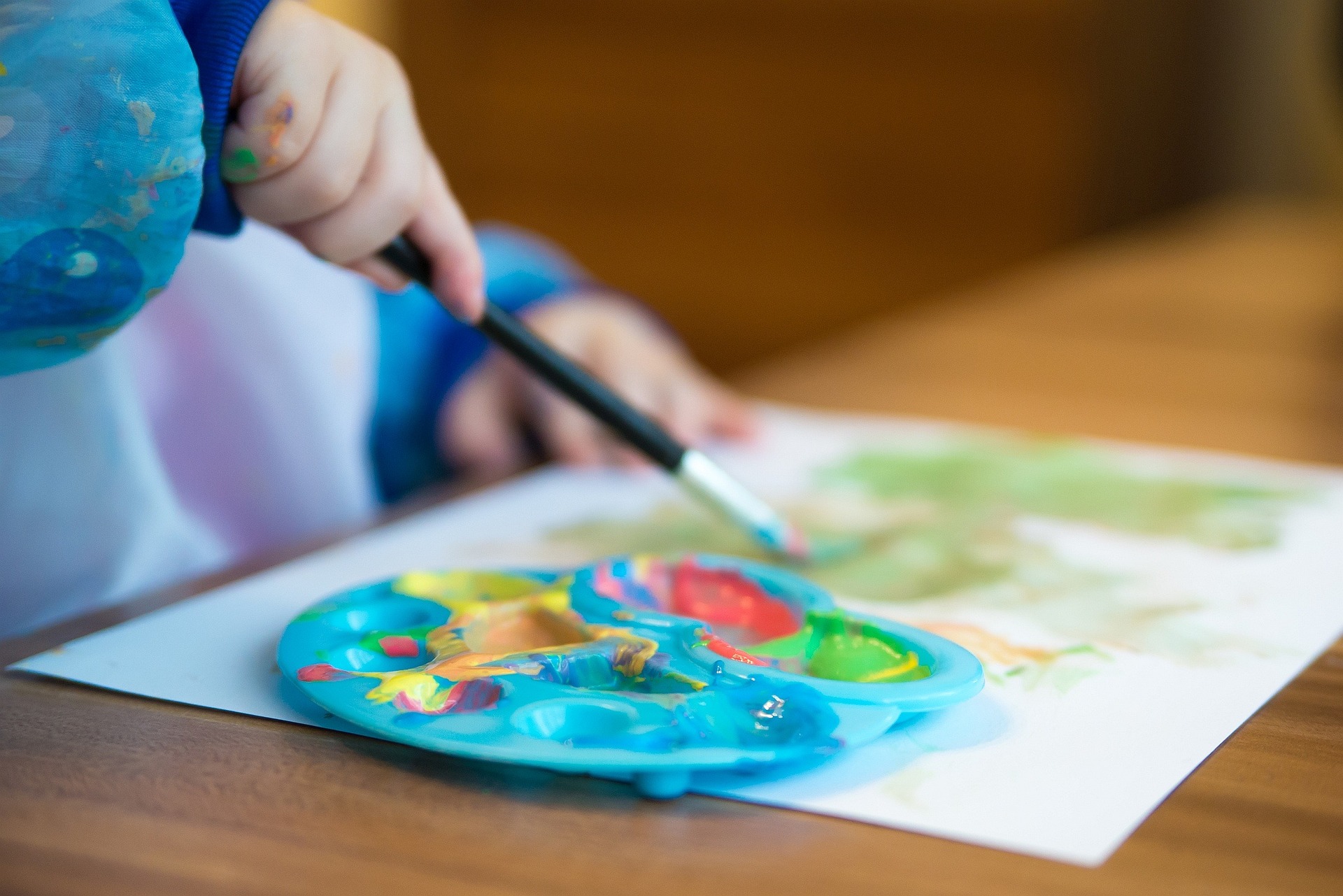Does your child show a keen interest in art and creativity? As a parent or foster carer, nurturing your child’s artistic talents can provide them with a creative outlet for self-expression, build confidence, and even open up future career opportunities. While some children may exhibit natural artistic abilities, parents play a key role in encouraging and guiding a child’s interests. This article provides tips on how to support your budding artist’s development, whether they dream of painting, drawing, sculpting or exploring other creative mediums.
Provide the Right Supplies
To fuel their inspiration, ensure your child has access to a variety of art supplies like paints, sketchbooks, modelling clay, crayons and more. Having things like this already on hand is especially helpful if you provide emergency foster care, one of the many different types of fostering. Mix standard supplies with unique materials like chalk, charcoal and pastels so they can experiment with different textures and effects. Consider designating a space for them to store supplies and create, whether it’s the kitchen table, a bedroom corner or the garden shed. Also, allow them to get messy! Art is hands-on, so don’t restrict them to only using supplies at certain times or places.
Introduce Art Concepts
Expose your child to key art concepts that provide a foundation for their own work. Take them to museums and galleries to view different artistic styles, techniques and mediums. Check your local library for art technique books on subjects like colour theory, perspective and shading. When looking at other works together, ask them questions about the art like “How do you think the artist created that texture?” or “What do you like about this piece?” Listening to their perspectives builds critical thinking.
Find Inspiration in Everyday Life
Aspiring artists can find inspiration everywhere – they just need to know how to look. Take your child outdoors and encourage them to sketch natural items like trees and flowers. Use household objects like jugs, utensils and toys as still-life subjects. Flip through magazines and books together, pointing out interesting designs, patterns, shapes and colours. Inspiration journals, where they collect sketches, colour swatches, photographs and more can also spark future artistic projects.
Praise the Process, Not Just the Product
While every parent wants to praise their Picasso’s finished pieces, also applaud their artistic process. Recognise their effort in trying new techniques, problem-solving challenges and expressing themselves. This encourages them to take risks and not fear mistakes. Ask them questions about their process like “What was the most difficult part of this piece?” and “What’s your favourite part of this drawing?” Keep early drawings and paintings to look back on together. Seeing their progress over time further boosts confidence.
Let Them Explore and Experiment
Every child develops creativity differently. Avoid pushing them into specific mediums or techniques too early. Allow them to organically discover what excites them most. Embrace the mess of letting them freely experiment with paint mixing, getting glue on their hands from sculptures, or markers on the tables. Setups like easels, sculpting tools and other resources can allow for self-guided exploration when independently inspired to create. Give them time to dive into their own artistic world.
With the proper environment, resources and encouragement, a spark of childhood creativity can flourish into a lifelong passion. By nurturing their artistic talents, you’re also supporting their future development. The visual learning, dexterity, emotional outlets and persistence gained serve them far beyond the art room. Foster their creativity and watch with pride as your budding artist blossoms.


